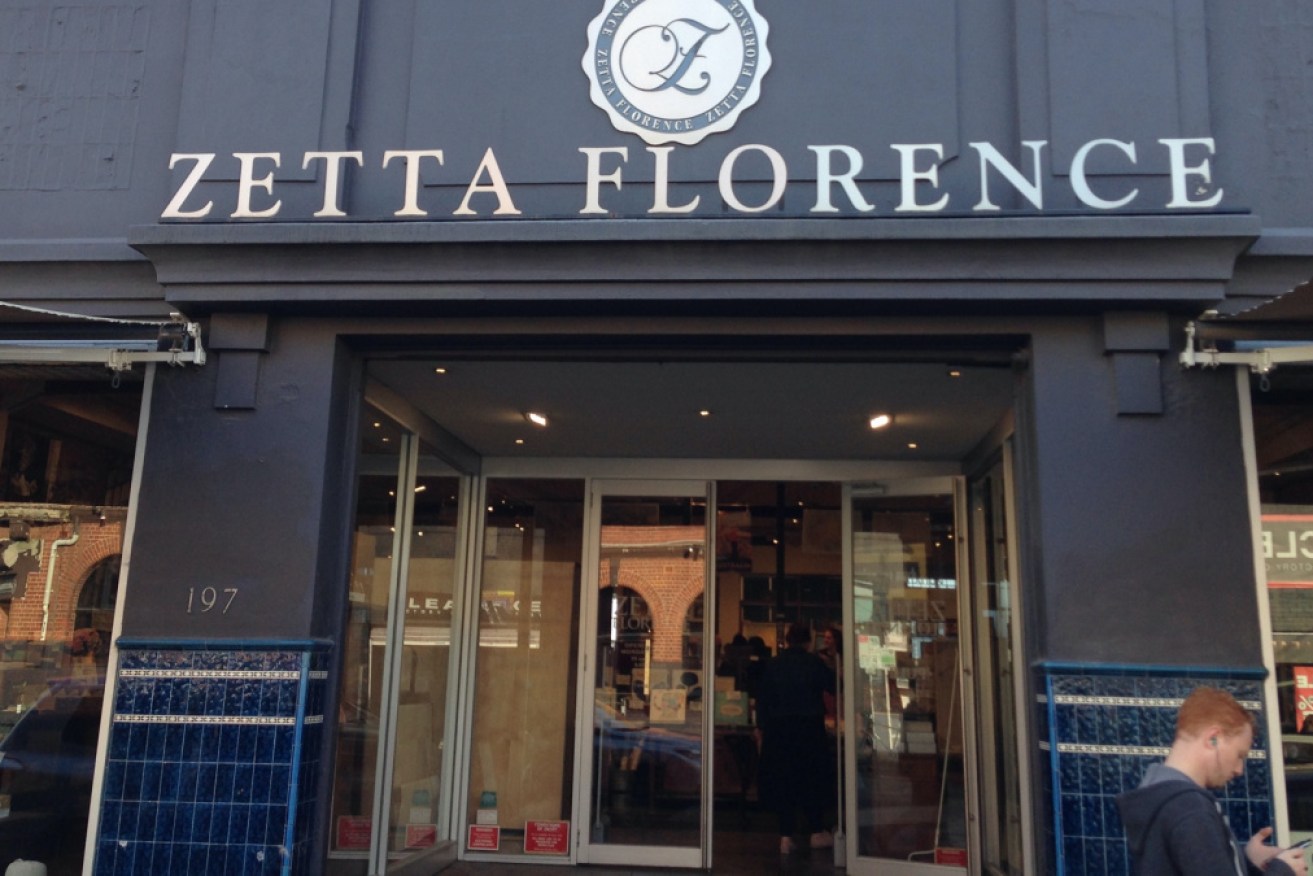Small businesses face uphill battle as COVID-19 restrictions ease


For small businesses like Melbourne's Zetta Florence, the coronavirus threat is far from over. Photo: Supplied
Coronavirus restrictions are easing and government has outlined its plan to resuscitate the economy, but for small businesses the fight for survival is just getting started.
Businesses nationwide are preparing for a gradual return to normal after Prime Minister Scott Morrison unveiled a three-step ‘road map’ for Australia’s economic recovery on Friday.
The strategy outlines the gradual removal of tight restrictions placed on both individuals and businesses to limit the spread of the deadly disease.
Within an hour of the announcement, both the Queensland and South Australian state governments made plans to unwind numerous restrictions – with some tapped to go within days.
It’s a promising first step towards normality, but for small business owners like Georgina Knightley the path ahead is still fraught with challenges.
Big trouble for small businesses

Zetta Florence relies on tourist dollars.
Ms Knightley is the founder of Zetta Florence, a high-end boutique stationery business based in Melbourne’s Fitzroy neighbourhood.
Originally set up to supply art galleries and archivists with high quality paper stock and storage options, Zetta Florence gradually expanded to include a customer-facing retail arm catering to everyone from professionals needing to store sensitive documents to hardcore stationary fans.
And after roughly 30 years in operation, Ms Knightley said the business was nearly debt-free – until the coronavirus took hold of Australia’s imagination – and economy.
“Our store is quite iconic, because there’s not a lot of businesses that do what we do, and we find we get a lot of tourism-type business,” she said.

Ms Knightley is confident her business will survive, but worries for others. Photo: Supplied
“Customers also go back to their home countries and then continue to order, which is nice, but my goodness – we woke up one day in March and everything was the same, we woke up the next day and the whole world had changed.”
Zetta Florence shut its doors shortly after government unveiled its coronavirus restrictions, and gradually pivoted to online retail.
Ms Knightley even took took out a new loan – one of more than 6500 businesses which borrowed more than half a billion dollars from Commonwealth Bank alone – to pay her suppliers.
Some of that money was also used to pay reduced wages to some of her 12 staff, only four of whom qualified for government’s JobKeeper program, due to end in September.
Ms Knightley is confident her business will survive, but worries for other business owners that weren’t in the same, strong position she was when the pandemic hit.
“I think we’ll be okay going through until Christmas – that doesn’t worry me,” she said.
“When we get to September [when JobKeeper ends] we would see an upswing anyway.
“What does worry me is what happens after Christmas, because you go into a slowdown – particularly as you get towards the winter months – so that Christmas money is to get you through the Winter the next year.”
The added costs incurred through the pandemic – loan repayments, increased rental costs due to rent deferrals, and other costs – will however erode any business’ financial position.
Many may not survive the winter.
Closures inevitable, but government could ease pressure
Australian Small Business and Family-Owned Enterprise Ombudsman (ASBEFO) Kate Carnell agreed that many outfits simply won’t endure through the pain.
“There’s a chunk of businesses that won’t survive,” she told The New Daily.
“Businesses that were simply too close to the wind before this all happened just won’t be able to make it through to the other side with sufficient capital to get up and running again.”
How many will make it through the coronavirus bottleneck will depend on government’s policy response.
ASBEFO has submitted multiple letters to government and Treasury cautioning that if the purpose of their support policies to date have been to keep businesses operating, then removing those polices can’t lead to more closures.
“We’ve got to make sure businesses don’t fall over after the range of payments and deferments comes to an end,” she said.
“It has to be done at some point, but not in a way that causes businesses to fall over.”
The last thing Australia wants to see, Ms Carnell said, is all the support currently on offer come to a “screeching halt” simultaneously.
Instead, government and banks need to work together with businesses to engineer a softer landing to ensure more businesses survive.








